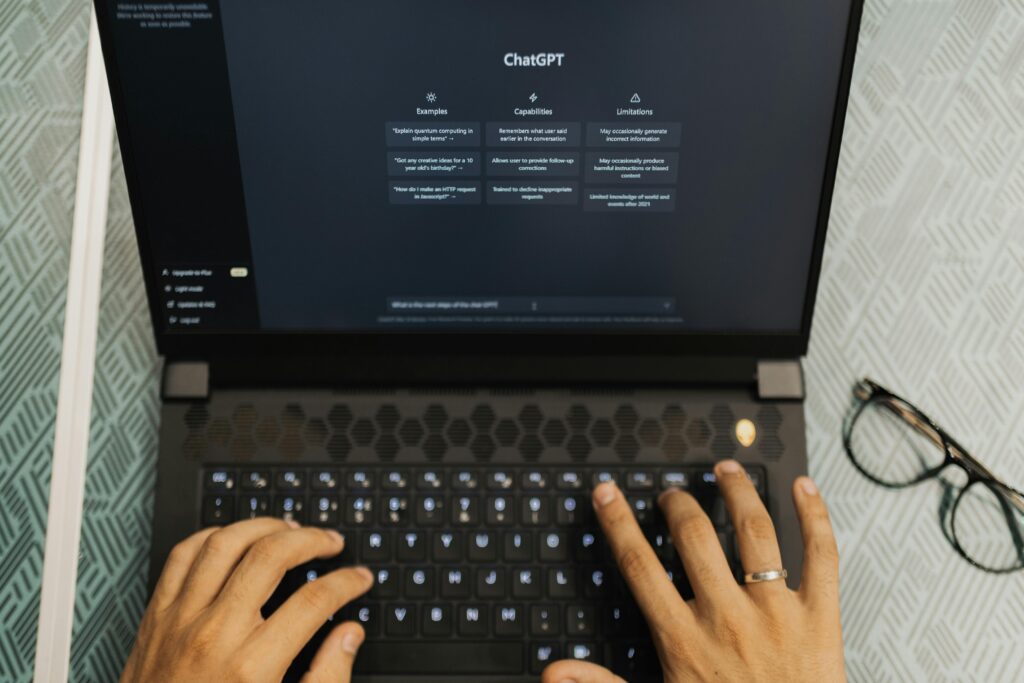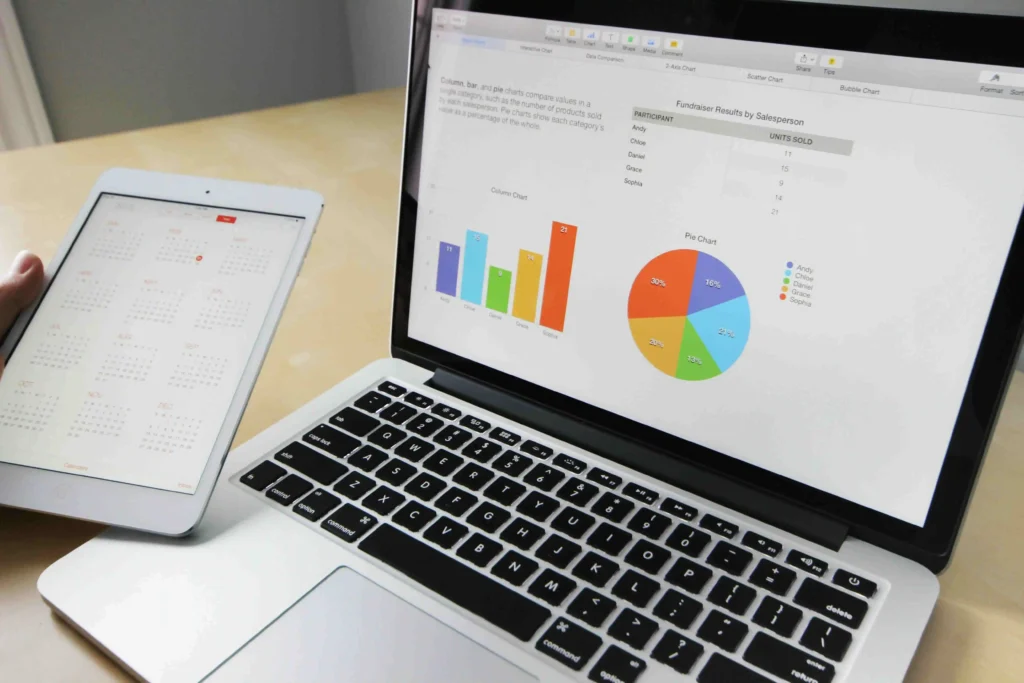Musk vs. OpenAI: Illegal For-Profit Conversion?
The tech world is buzzing with a high-stakes legal battle pitting Elon Musk against his former creation, OpenAI. Musk, the visionary behind Tesla and SpaceX, is accusing OpenAI of illegally converting from a non-profit to a for-profit entity, a move he claims violates the original agreement and undermines the organization’s founding principles. This isn’t just a squabble between a disgruntled founder and his brainchild; it raises fundamental questions about the governance of AI, the balance between profit and public good, and the potential for unchecked power in the rapidly evolving field of artificial intelligence.
The Genesis of the Dispute
OpenAI was initially conceived as a non-profit research company dedicated to developing and promoting friendly AI in a way that benefits humanity. Musk, along with other prominent figures in the tech industry, were instrumental in its founding, contributing significantly to its initial capital and direction. The stated goal was to ensure the responsible development of AI, prioritizing safety and accessibility over purely commercial gains. However, the narrative shifted in 2019 when OpenAI transitioned to a “capped-profit” company, a structure that allows it to raise significant capital from investors while limiting the return on investment. This transformation, according to Musk, fundamentally violates the initial non-profit agreement and constitutes an illegal conversion.
Musk’s legal action is not merely a personal vendetta. His filing argues that the shift to a for-profit model compromises OpenAI’s original mission. He contends that the pursuit of profit has incentivized OpenAI to prioritize commercial interests over safety and ethical considerations, potentially leading to unforeseen and potentially harmful consequences. The heart of his argument centers on the alleged breach of the founding agreement, highlighting the potential for unchecked corporate power to dictate the trajectory of AI development, potentially leading to a future where AI is controlled by a few powerful corporations rather than benefiting all of humanity.

The specific allegations outlined in the lawsuit need further examination and legal scrutiny. However, the lawsuit highlights a larger debate surrounding the ethics of AI development and the potential conflicts of interest inherent in balancing profit maximization with the responsible development and deployment of powerful technologies. The legal battle could set a precedent for future AI ventures, shaping how these organizations are structured and governed to prevent conflicts between profit and public interest.
The Broader Implications of the Case
This legal battle extends far beyond the personal interests of Elon Musk and OpenAI. It opens up a critical conversation about the future of AI governance. Several key questions arise:
- Should AI research be primarily driven by profit motives, or should there be a stronger emphasis on ethical considerations and public benefit? The current debate points to a growing need for clear guidelines and regulations in the AI sector, ensuring that the pursuit of profit doesn’t overshadow the potential risks and ethical dilemmas associated with advanced AI technologies.
- How can we ensure the responsible development and deployment of AI, mitigating potential biases and harms? The OpenAI case highlights the need for robust oversight and transparency within AI research and development, ensuring that independent scrutiny and ethical considerations are central to the process.
- What role should governments play in regulating the AI industry? The lack of comprehensive global regulations in the AI sector underscores the need for policy interventions to address the ethical and societal challenges posed by this rapidly evolving technology. This case might spur governments worldwide to take a more proactive role in shaping AI development policies.
- What mechanisms can ensure the long-term alignment of AI with human values? The core concern underlying Musk’s lawsuit is the potential for misalignment between AI’s goals and humanity’s interests. This necessitates ongoing research and development focused on aligning AI systems with human values and ensuring their beneficial use.
The Future of OpenAI and the AI Landscape
The outcome of this legal battle will undoubtedly shape the future of OpenAI and the broader AI landscape. A ruling in Musk’s favor could significantly impact the structure and operation of other AI companies, potentially leading to greater scrutiny and regulation of the industry. Conversely, a dismissal of the case could reinforce the existing trend toward commercialization in the AI sector, potentially raising concerns about unchecked power and the prioritization of profit over ethical considerations.
Regardless of the court’s decision, the Musk vs. OpenAI case has already sparked a much-needed debate about the governance and ethical implications of AI. It highlights the urgent need for a framework that balances innovation with responsibility, ensuring that AI benefits humanity as a whole, rather than serving the interests of a select few. The ongoing conversation surrounding this case will continue to shape the ethical considerations and the regulatory landscape of the ever-evolving world of artificial intelligence. The implications extend far beyond the courtroom, touching upon the very future of technological advancement and its impact on society. The legal battle is a significant development, forcing a crucial examination of the responsibilities inherent in creating and controlling powerful AI technologies.





